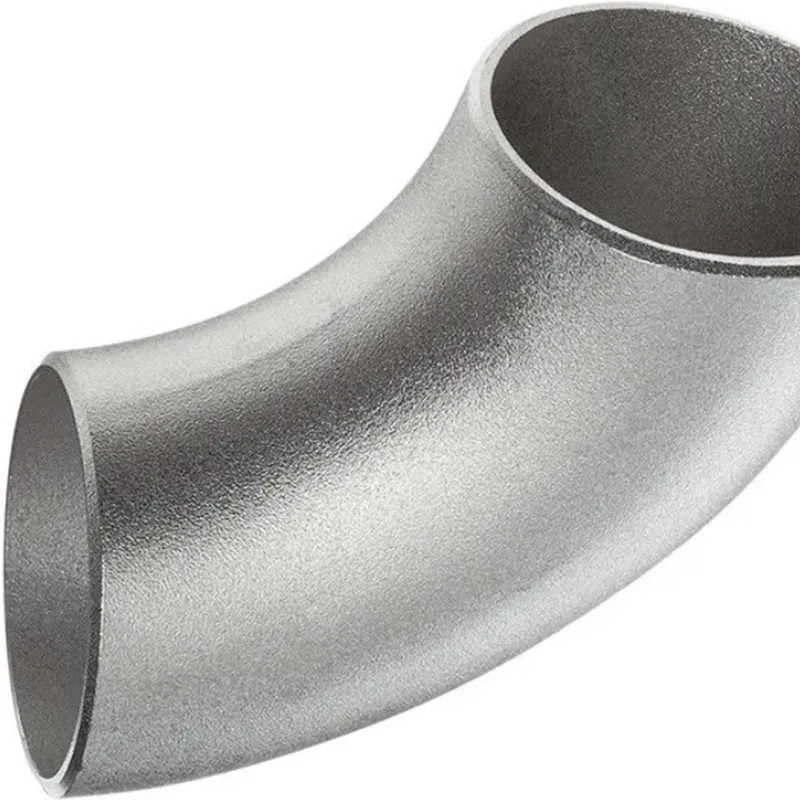-
Cangzhou Yulong Steel Co., Ltd.
-
Phone:
+86 13303177267 -
Email:
admin@ylsteelfittings.com
- English
- Arabic
- Italian
- Spanish
- Portuguese
- German
- kazakh
- Persian
- Greek
- French
- Russian
- Polish
- Thai
- Indonesian
- Vietnamese
- Zulu
- Korean
- Uzbek
- Hindi
- Serbian
- Malay
- Ukrainian
- Gujarati
- Haitian Creole
- hausa
- hawaiian
- Hebrew
- Miao
- Hungarian
- Icelandic
- igbo
- irish
- Japanese
- Javanese
- Kannada
- Khmer
- Rwandese
- Afrikaans
- Albanian
- Amharic
- Armenian
- Azerbaijani
- Basque
- Belarusian
- Bengali
- Bosnian
- Bulgarian
- Catalan
- Cebuano
- China
- China (Taiwan)
- Corsican
- Croatian
- Czech
- Danish
- Esperanto
- Estonian
- Finnish
- Frisian
- Galician
- Georgian
- Kurdish
- Kyrgyz
- Lao
- Latin
- Latvian
- Lithuanian
- Luxembourgish
- Macedonian
- Malgashi
- Malayalam
- Maltese
- Maori
- Marathi
- Mongolian
- Myanmar
- Nepali
- Norwegian
- Norwegian
- Occitan
- Pashto
- Dutch
- Punjabi
- Romanian
- Samoan
- Scottish Gaelic
- Sesotho
- Shona
- Sindhi
- Sinhala
- Slovak
- Slovenian
- Somali
- Sundanese
- Swahili
- Swedish
- Tagalog
- Tajik
- Tamil
- Tatar
- Telugu
- Turkish
- Turkmen
- Urdu
- Uighur
- Welsh
- Bantu
- Yiddish
- Yoruba

Aug . 14, 2024 14:22 Back to list
Exploring the Applications and Benefits of 3% and 4% Metal Pipe Specifications in Industry
Exploring 3% Alloyed and 4% Alloyed Metal Pipes Characteristics, Applications, and Benefits
Metal pipes serve as critical components in various industries, from construction to manufacturing, transportation, and beyond. Among the myriad options available, pipes alloyed with specific percentages of metals, such as 3% and 4%, present unique characteristics and advantages that address specific application needs. This article delves into the properties of 3% and 4% alloyed metal pipes, their typical uses, and the benefits they provide.
Understanding Alloy Composition
Alloying metals refers to the process of combining different metals to enhance their physical or chemical properties. When we talk about 3% and 4% alloyed pipes, we refer to pipes created with a combination of base metals and an additional element—often nickel, chromium, or molybdenum. The inclusion of these elements can significantly improve strength, corrosion resistance, ductility, and durability.
For instance, a 3% nickel alloyed pipe typically exhibits excellent toughness even at low temperatures, making it suitable for cryogenic applications. On the other hand, 4% alloyed pipes may leverage the properties of elements like chromium to enhance resistance to oxidation and high temperatures, paving the way for their use in power generation and chemical processing.
Applications of 3% and 4% Alloyed Metal Pipes
The usage of 3% and 4% alloyed metal pipes spans numerous sectors, reflecting their tailored properties
.1. Construction Industry Both types of alloyed pipes are favored in construction for structural applications. 3% alloyed pipes are often employed in building frameworks that require enhanced toughness, especially in regions experiencing extreme temperatures. In contrast, 4% alloyed pipes are essential in situations where corrosion resistance is critical, such as in coastal or industrial environments.
3 4 metal pipe

2. Oil and Gas Industry The exploration, extraction, and transportation of oil and natural gas require materials that can withstand harsh environments. Pipes alloyed with 4% materials are commonly used in pipelines due to their ability to resist corrosion and high pressure. Simultaneously, 3% alloyed pipes can be found in applications involving storage tanks, thanks to their strength and resistance to cracking.
3. Manufacturing Sector In manufacturing facilities, both types of alloyed pipes are integral in processes that involve high temperatures and pressures. For example, 4% alloyed pipes are preferred in boiler systems and reactors. Meanwhile, 3% alloyed pipes can be found in heat exchangers where thermal conductivity and strength are paramount.
4. Food and Pharmaceutical Industries The hygiene standards required in these industries necessitate materials that can resist corrosion and maintain integrity. 3% and 4% alloyed metal pipes that are adequately treated can be used for fluid transfer, ensuring compliance with stringent health regulations.
Benefits of Using Alloyed Metal Pipes
The advantages of utilizing 3% and 4% alloyed metal pipes are substantial.
- Enhanced Durability Alloyed pipes are generally more durable than standard metal pipes, allowing for extended life-cycles and reduced maintenance costs. - Increased Safety Pipes designed to withstand extreme temperatures and pressures reduce the risk of failure, ensuring safer operations in sensitive environments. - Corrosion Resistance The addition of alloying elements provides significant resistance to rust and corrosion, making these pipes suitable for use in aggressive environments. - Versatility The properties of alloyed pipes can be tailored for specific applications, making them highly versatile across different sectors.
Conclusion
In conclusion, 3% and 4% alloyed metal pipes represent a critical innovation in piping technology, offering enhanced mechanical properties and corrosion resistance suited for various industries. Their unique characteristics make them indispensable in areas where strength, durability, and safety are paramount. As industries continue to evolve, the demand for such specialized pipes will likely grow, underscoring their importance in modern engineering and construction endeavors.
Latest news
-
ANSI 150P SS304 SO FLANGE
NewsFeb.14,2025
-
ASTM A333GR6 STEEL PIPE
NewsJan.20,2025
-
ANSI B16.5 WELDING NECK FLANGE
NewsJan.15,2026
-
ANSI B16.5 SLIP-ON FLANGE
NewsApr.19,2024
-
SABS 1123 FLANGE
NewsJan.15,2025
-
DIN86044 PLATE FLANGE
NewsApr.19,2024
-
DIN2527 BLIND FLANGE
NewsApr.12,2024
-
JIS B2311 Butt-Welding Fittings LR/SR 45°/90° /180°Seamless/Weld
NewsApr.23,2024











